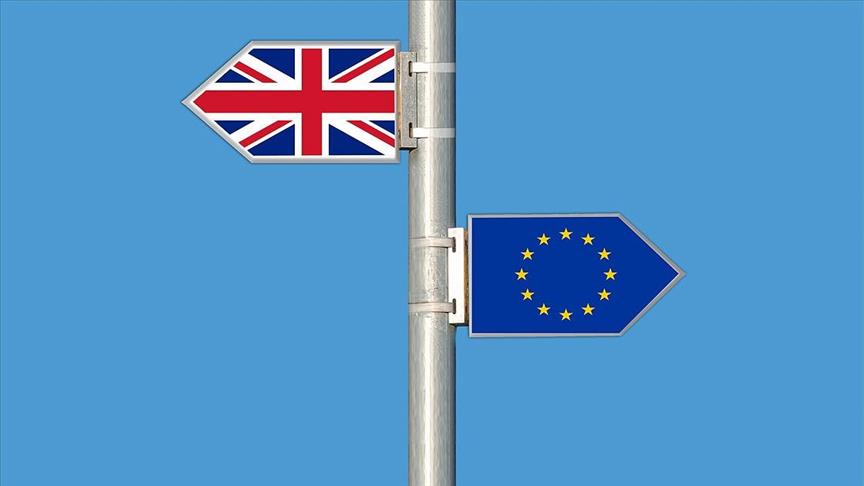Inflation in euro zone rises to 10.7 percent
Inflation in the euro zone hit a new high in October. / Inflation in euro zone rises to 10.7 percent

Driven by energy prices, inflation was 10.7 percent according to Eurostat. This puts the ECB under further pressure. / Inflation in euro zone
For the first time since the introduction of the euro, inflation in the euro area has climbed above the ten percent mark. Compared to the previous year, consumer prices rose by 10.7 percent, according to an initial estimate by the EU statistics office Eurostat. Experts interviewed by the Reuters news agency had only expected a value of 10.2 percent – after an inflation rate of 9.9 percent in September.
As in the past few months, energy prices in particular rose. In October, the increase was 41.9 percent. Grocery, tobacco and alcohol prices increased by 13.1 percent. Non-energy industrial goods prices rose 6.0 percent and services rose 4.4 percent.
Inflation in euro zone: Baltic states are particularly suffering
Inflation is still highest, at around 22 percent each, in the three Baltic states of Estonia, Lithuania and Latvia. In the Netherlands, too, the inflation rate was again very high at almost 17 percent. It was lowest in France (7.1 percent) and Spain (7.3 percent).
The EU statistical authority calculated an inflation rate of 11.6 percent for Germany. In its first estimate on Friday, the Federal Statistical Office in Wiesbaden reported an inflation rate of 10.4 percent. Eurostat uses a different calculation method to make the values of the individual euro countries comparable.
Pressure on the ECB is growing
The renewed and unexpectedly sharp increase in inflation is increasing the pressure on the European Central Bank (ECB) to continue with its rate hike course. Inflation in the monetary union is now more than five times higher than the monetary authorities’ target of two percent, which they see as optimal for the economy.
“At 10.7 percent, inflation is already miles above the 9.2 percent that the ECB expects for the fourth quarter,” said Jörg Kramer, chief economist at Commerzbank. “According to its mandate, the ECB should concentrate on these inflation risks at the December meeting – and not on the recession risks.” According to Krämer, the euro area needs another big interest rate hike of 0.75 percentage points in December.
Despite growing fears of a recession, the monetary watchdogs raised the key interest rate by 75 basis points to 2.0 percent last week. The deposit rate, which is decisive on the financial markets for funds parked by commercial banks at the ECB, was increased by the same amount to 1.50 percent. According to Dutch central bank governor Klaas Knot, the rate hike at the upcoming December 15 meeting will be at least 0.50 percentage points.
Economy in the euro zone grew slightly
At the same time as the inflation data, Eurostat released its first estimate of economic growth in the 19 euro countries in the third quarter. This was 0.2 percent, which economists received positively.
“It’s good news: the eurozone economy is still growing,” said Jörg Zeuner, chief economist at Union Investment. “Against all odds, sustained job creation and increasing regulatory and fiscal intervention have prevented consumption from falling as a result of inflation-induced real income loss.”
Germany inflation rate falls for the second month in a row


